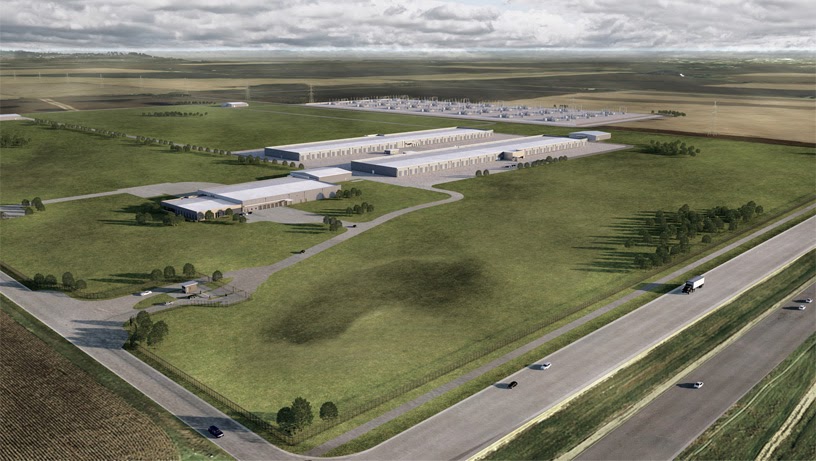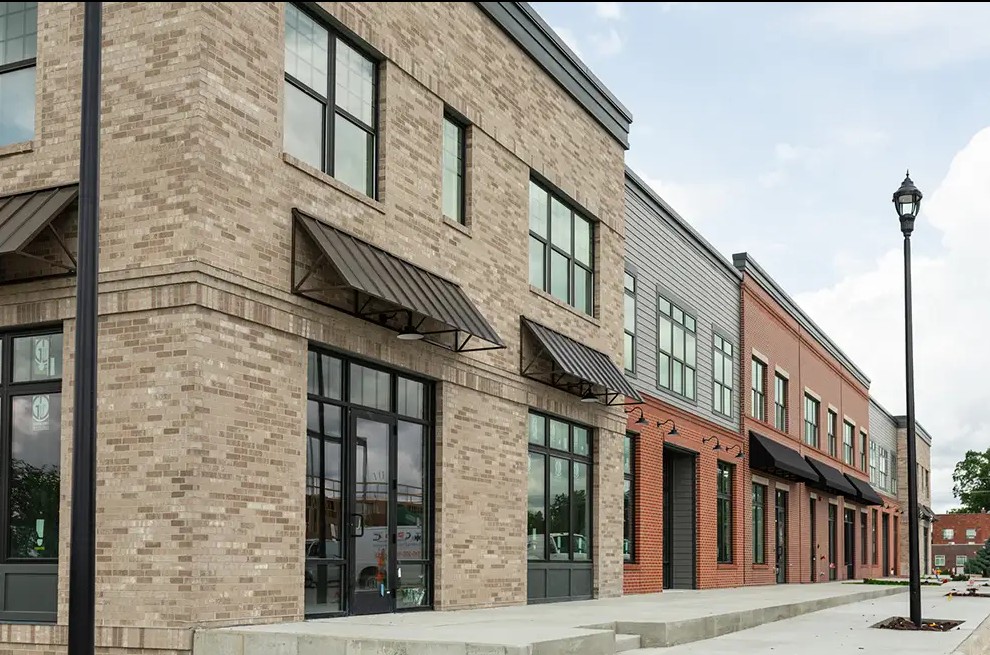Looking for a garden in unlikely places

KENT DARR Nov 25, 2015 | 8:36 pm
2 min read time
405 wordsBusiness Record Insider, Energy, Real Estate and DevelopmentCourtney Long doesn’t hesitate to list things she can’t do in promoting public food markets and urban farming. That’s OK, because her enthusiasm for those topics can cover the landscape like a runaway squash vine.
Long is with the Iowa State University Community Design Lab. Her focus is on growing and distributing locally grown food. She is keen on having all of that happen in an urban setting.
The irony that gardening has somehow faded in the state’s agricultural heritage is not lost on her, but you get the impression that what once was and is no more (anyone remember grandma and grandpa’s quarter-acre garden and root cellar?) can be rediscovered.
Her focus in Greater Des Moines is finding a location for a year-round public market, a place that could accommodate various forms of indoor and outdoor gardening with room for vendors to sell the produce and possibly cook it and serve it up on the spot.
At present, she is talking to 30 or so people who outweigh her on the scales of influence.
“I’m hoping to get more people involved who have more influence than I have,” she said. “I can’t move many people.” That is her shortcoming.
Her pitch is focused enough to have various Des Moines movers and shakers suggest at least two general locations that could serve as a public market: a piece of undeveloped land in the East Village and a spot along Walnut Street.
Long’s general vision for a possible project on Walnut Street includes a kitchen for food trucks, a public market, restaurants and indoor farms. They all add up to a pretty full plate.
“I’m excited to see what happens,” she said.
Long is experienced and cagey enough to shy away from revealing the exact locations. Her mind is open to how either spot could be developed. A new building would allow multiple floors for indoor farming techniques. A renovated building might be a little more limited, but not by much.
She is also working with neighborhood associations and nonprofit organizations to incorporate urban gardens in streetscape projects and other efforts to promote locally grown food.
In addition, Long is working with cities and organizations across the state.
You can’t just march into a developer’s office or stand at a counter at City Hall and expect people to immediately embrace the concept of urban farming.
“With food, you have to build the relationship first,” Long said.









